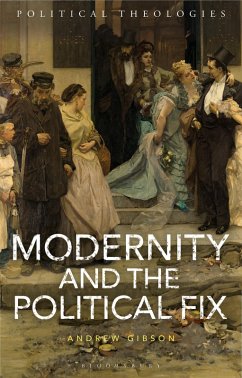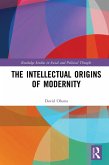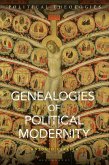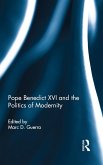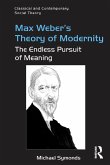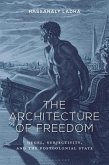From their decisive emergence in the late eighteenth century, modernity and modern politics were long haunted by irony and paradox. Ours, however, is the age of the implosion of modernity. Modernity has degenerated into self-parody. The polarities that an ironic grasp of it could potentially always hold in tension are finally collapsing into each other.
In Modernity and the Political Fix, Andrew Gibson tells the relevant story and asks what aspects of modern politics we might want to salvage and preserve and within what structure we might continue thinking about them. His answer is that these questions call for the isolation of a particular set of concepts; that, rightly positioned in relation to one another, the concepts amount to a political theology; that the very formulation of political temporality is therefore at stake; and that the thinking in question has been and is best represented in modern philosophy and art, above all, modern literature. Ranging through early modern and modern thought from Hobbes, Pascal and Leibniz to Rousseau, Kant, Schopenhauer and Kierkegaard to Foucault, Lacan, Badiou, Jambet and Rancière, and in modern literature and art from Wordsworth and Byron to Goya and Wagner, Huysmans and Wilde, Joyce and Woolf, Joseph Roth, Vicki Baum, Gabriele Tergit and the Weimar novel, Evelyn Waugh and George Orwell to R.S. Thomas and Norman Nicholson, Gibson seeks to compile a modern political aide-memoire, a treasury for a politics to come.
In Modernity and the Political Fix, Andrew Gibson tells the relevant story and asks what aspects of modern politics we might want to salvage and preserve and within what structure we might continue thinking about them. His answer is that these questions call for the isolation of a particular set of concepts; that, rightly positioned in relation to one another, the concepts amount to a political theology; that the very formulation of political temporality is therefore at stake; and that the thinking in question has been and is best represented in modern philosophy and art, above all, modern literature. Ranging through early modern and modern thought from Hobbes, Pascal and Leibniz to Rousseau, Kant, Schopenhauer and Kierkegaard to Foucault, Lacan, Badiou, Jambet and Rancière, and in modern literature and art from Wordsworth and Byron to Goya and Wagner, Huysmans and Wilde, Joyce and Woolf, Joseph Roth, Vicki Baum, Gabriele Tergit and the Weimar novel, Evelyn Waugh and George Orwell to R.S. Thomas and Norman Nicholson, Gibson seeks to compile a modern political aide-memoire, a treasury for a politics to come.

